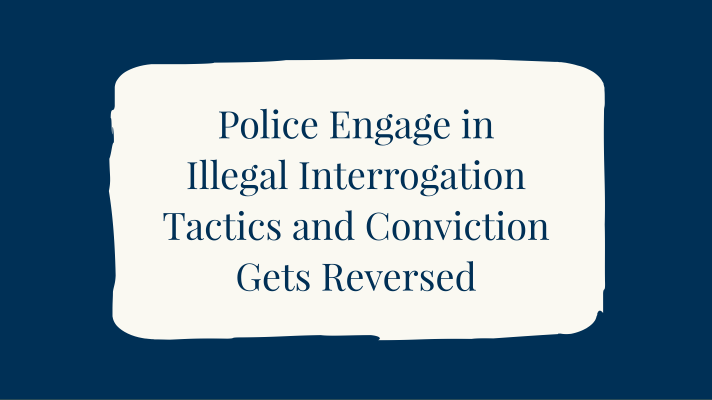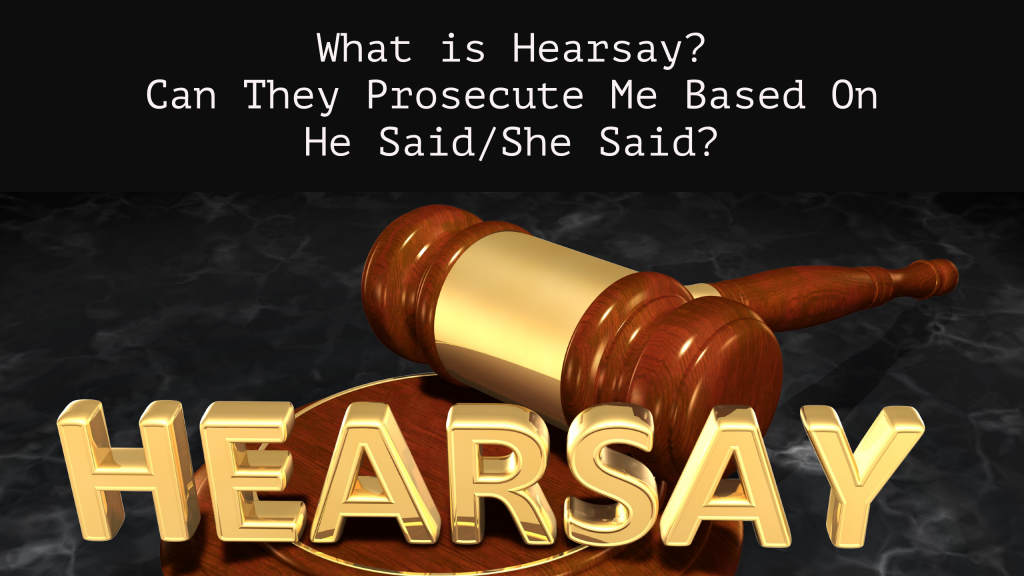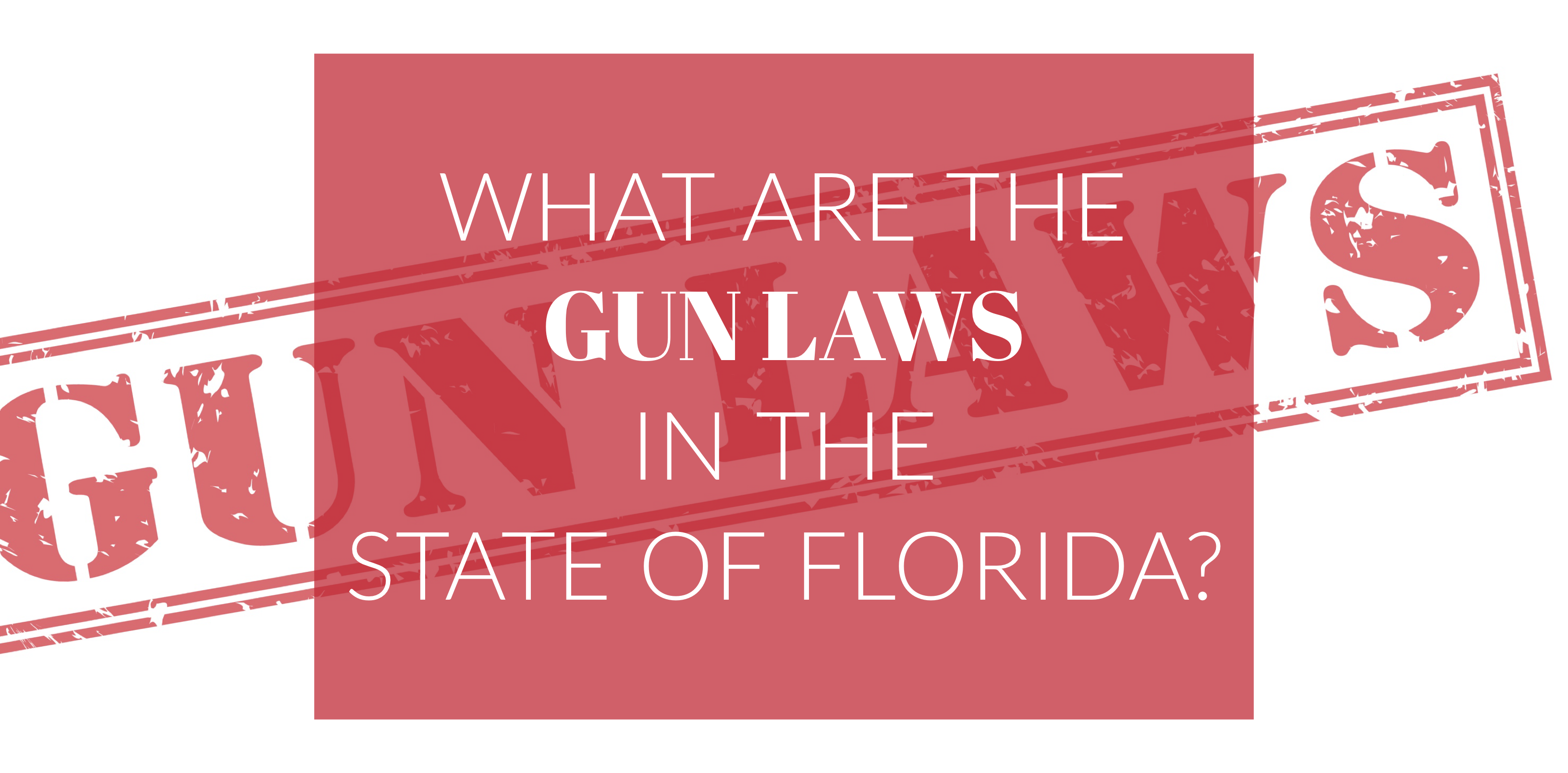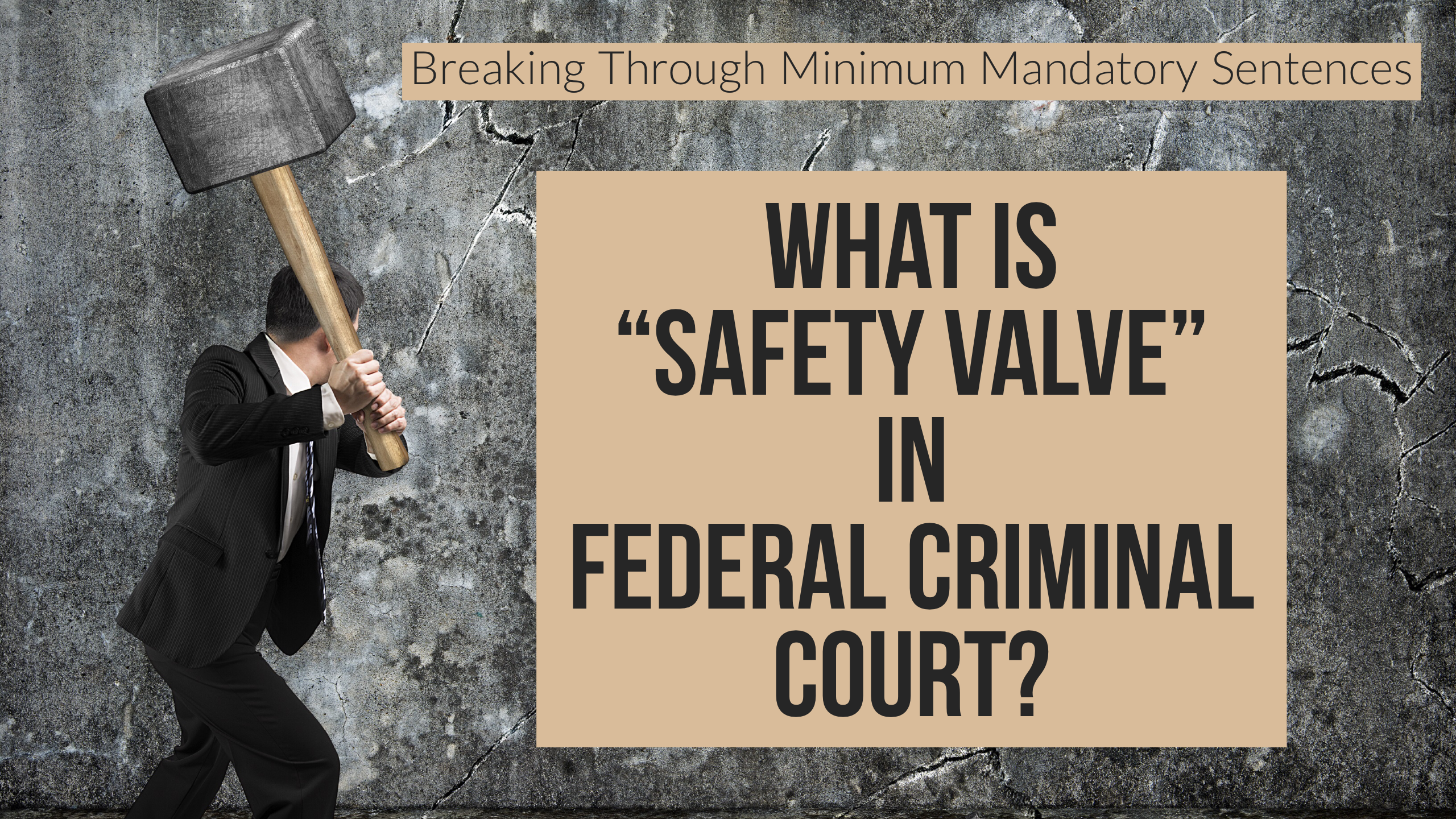
A recent court decision, Wilson v. State, 43 Fla. L. Weekly D715a (Fla. 2d DCA 2018), resulted in the reversal of a conviction and the suppression of a confession in a case involving illegal and outrageous police conduct. This opinion is a scathing indictment on the tactics used by law enforcement in an unlawful effort to obtain a confession. After Wilson’s criminal defense attorney filed a motion to suppress his statements, which was denied by the trial judge, Wilson was convicted at trial based on little more than his own confession. Wilson appealed to the Second District of Florida. Let’s see how this played out…
What did the officers do?
Law enforcement had information that Wilson was involved in an armed robbery of a pizza joint. They believed that he was the getaway driver. So, they asked to meet up with him at a local park. Wilson agreed. At the park, Wilson agreed to ride with the officers down to the station to discuss the robbery. Wilson was placed in an interview room, but he was told that he could leave whenever he wanted and that they would drive him back to the park. However, once in the interview room, things quickly turned.
 Jacksonville Criminal Lawyer Blog
Jacksonville Criminal Lawyer Blog








 There has been a lot of talk about new legislation regarding firearms, but what is the current status of the law as it relates to guns? Criminal defense lawyers know that there are plenty of firearm statutes with extreme high range of punishments already on the books in Florida. These laws are coupled with very long minimum mandatory sentences. There are also many different and often overlapping state and federal laws regulating all aspects of firearm possession, use, distribution, manufacturing, and more. This blog will lay out some of the more common firearm statutes in the State of Florida.
There has been a lot of talk about new legislation regarding firearms, but what is the current status of the law as it relates to guns? Criminal defense lawyers know that there are plenty of firearm statutes with extreme high range of punishments already on the books in Florida. These laws are coupled with very long minimum mandatory sentences. There are also many different and often overlapping state and federal laws regulating all aspects of firearm possession, use, distribution, manufacturing, and more. This blog will lay out some of the more common firearm statutes in the State of Florida.

